Thelonius Monk‘s sheet music transcriptions are available from our Library.
Chords and Voicings: From Lead Sheet to Performance
In modern jazz, seventh chords specified by lead sheets may appear simply as shown in figure 4.2a, but musicians rarely follow what the lead sheet specifies to the letter. Well before Thelonious Monk came on the scene, jazz pianists vied to distinguish themselves with ingenious voicings. A kind of common practice prevailed in bebop, though we emphasize that musicians can and did step outside this practice in search of particular expressions and logics. In the main, though, four complementary techniques developed, two concerning voicing as such and two concerning chord choice—what chord to play where:
Voicing
• Extension and omission: addition of tones foreign to the chord proper, and/or dropping tones that are part of it
• Spacing and doubling: distribution of a voicing on the piano or among instruments in an ensemble.
Harmonic choice
• Substitution: replacement of one chord by another with equivalent function
• Insertion and deletion: increase or decrease in the rate of harmonic motion by adding to or subtracting from changes specified on the lead sheet.
Extension, omission, spacing and doubling
Figures 4.2b and 4.3 illustrate possibilities for extending minor seventh, dominant seventh, and major seventh harmonies, and apply them to the initial ii–V–I of ISC. In the first staff each chord is extended upward by thirds beyond the seventh to include the ninth, eleventh, and thirteenth above the root. Each of the resulting seven-note stacks of thirds includes all notes of the D major scale. The fact that all three chords extend through the exact same pitch collections, in the same intervallic arrangement (i.e., a stack of thirds), demonstrates the fundamental role that harmonic function—and not chord or voicing—plays in determining tonal meaning in jazz.
The chords could in some cases even be voiced in identical ways, but their functional context would make them heard and understood differently. Here is a significant way in which, it seems to us, jazz harmony differs in emphasis from European practice.
To the extent that the distinction between ii, V, and I voicings blurs, what is it precisely that distinguishes their functions? The second staff shows which of the seven diatonic tones are directly involved in the progression toward and away from the V chord’s tritone.
Typically, these tones are necessary and sufficient to convey harmonic function. Surprisingly for anyone familiar with European harmony, neither the fifth nor the root of the chord are necessary; indeed these may be dropped (and possibly supplied by a bass player, but not necessarily). But in order to convey function and quality most effectively, the essential tones are typically arranged in the lower register of the voicing, with extension tones higher up.
The third staff of figure 4.2b distills the optional diatonic tones, which may be used without diluting function or quality, and the fourth staff shows how the tonic note (D) and the fourth scale step (G) are carefully avoided in the dominant and tonic chords, respectively, so as not to carry them over from the chords that precede them, which would impede the ii–V–I motion (see dashed arrows).
Outside the diatonic pitch collection remain fi ve tones completing the chromatic aggregate, which can provide rich “upper structures” to voicings. In some cases these work against important diatonic intervals; for example, using a G with the Em chord could obscure the minor third between E and G; using it with the A7 chord would weaken the C#/G tritone. But with the DM7 it sounds all right because its diatonic “shadow,” G, is already avoided. Figure 4.3 sketches the effect of chromaticism in each chordal context.
All optional diatonic and chromatic tones may be withheld or used, and they may be spaced from low to high in limitless ways. Attention is paid to the choice of lowest pitch, the registers of all others, thickness (number of notes played at once), and the use of some pitches in more than one octave doubling. This topic is discussed later in reference to specifi c instances in short excerpts by pianists Bill Evans and Oscar Peterson (figures 4.4a and b), and also at length in relation to Monk.
Chord Substitution, Insertion, and Deletion
Because every dominant-quality seventh chord shares its tritone with the dominant-quality seventh chord whose root is a tritone away, the chords in each such pair may be substituted for one another ( figure 4.2c, first staff).
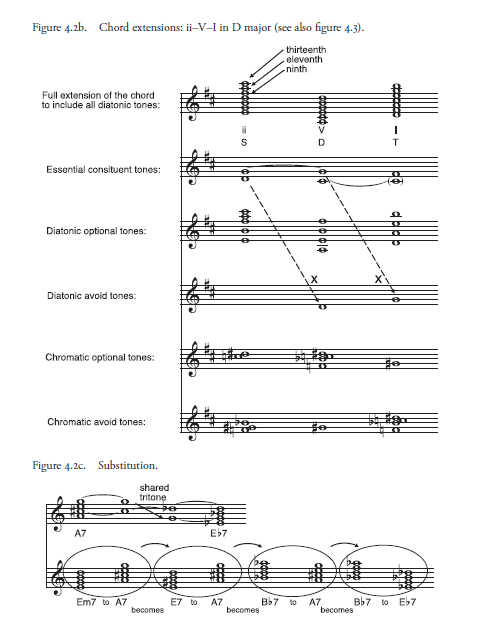
Substitutions for V are idiomatic in ii–V–I motion. In D major, this turns Em7–A7–DM7 into Em7–Eb7 –DM7 and causes the roots to descend chromatically by half step rather than by fifth, an especially characteristic marker of modern jazz sound. The second staff of figure 4.2c illustrates another kind of substitution, involving change of chord quality. In the first stage, the ii of
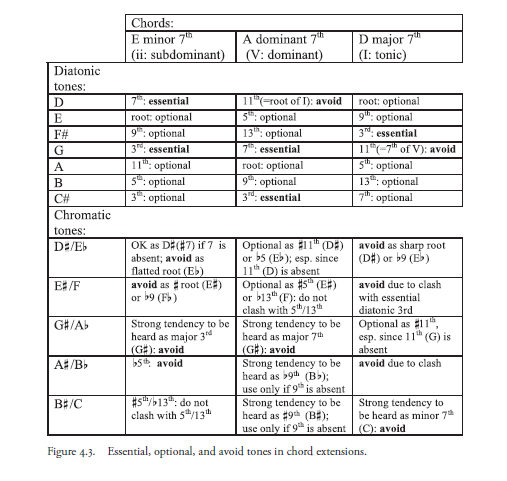
the ii–V–I progression is intensifi ed by raising its third from G to G# . This makes it E7, a dominant seventh chord, that is, V7 in relation to the A7 chord, and thus “tonicizes” the root of A7 as if A were momentarily the home key. From here it is a matter of applying the tritone substitution principle just discussed to convert the pair of chords into progression from Bb7 to Eb7. Monk does just this in ISC ( figures 4.1 and 4.5 , mm. 15-16).
Harmonic rhythm is the rate at which harmonies change. A scan of the various versions of ISC in figure 4.1 shows chords changing usually every two or four beats, though Oscar Peterson achieves special intensity in mm. 1-2 by changing on each beat, and there are scattered instances of chords held longer. Since harmony’s depth of field is rich, even with these severe constraints on harmonic rhythm there can be infinite ways to realize the harmonies in a song and suggest unexpected aural routes through it.
Sometimes root progressions by fifth are concatenated, as in figure 4.1, staff 2, mm. 2-3. Here, rather than have mm. 3-4 be a repetition of mm. 1-2, as it is in Monk’s version (staff 3), the ii chord of m. 3 is treated as a local tonic and preceded by its own ii–V. The two new bass tones F and B are part of the D major scale, so the motion feels activated but the connections do not jar.
The major third (D#) of the B7 chord is the only chromatic alteration implied. In Bill Evans’s version, the bass player faithfully provides the root tones (figure 4.4b), but Evans does not reflect the change on the piano. Without the D#, the feeling of tonicization is absent, and we have labeled the chord as Bm7.
Earlier we mentioned a more deeply hued insertion, at mm. 8 and, which introduces a ii–V (Gm7 to C7) progression borrowed from F major, a key built on a tonic foreign to the D major scale. This motion is so distinctive that it might be heard as one of the strongest markers of the song as a whole. In the fake book version, after slipping momentarily toward F in this way the music slips right back to DM7 in m. 9.
Monk, however, reinterprets the C7 as a tritone substitution for an F#7, and resolves in m. 9 to Bm7 (the fake book does this too, but later, at the parallel moment in mm. 25). Another insertion in the fake book version, reflecting a mix of diatonic and chromatic moves, comes at the final measures (31-2).
This characteristic “turnaround” revs up the motion, propelling the music toward the next repetition of the form. Monk’s seeming extension of this passage and the two prior measures reflect a musical action we shall describe later; in figure 4.1 we condense his chords into the thirty-two-measure form (the actual measure numbers cor-responding to mm. 29-38of the transcription in figure 4.5 are shown below the lowest staff).
Deletions put the brakes on chord progression. In this idiom they are somewhat rarer than insertions but noteworthy for that reason. When Monk slows down the fake book chords at m. 2 he wants to focus on the very repetition of the chord progression in the initial two pairs of measures, and when he does it again at mm. 15-16 it is as if we are asked to savor the tritone substitutions selected for those moments.
Modern jazz harmonic practice often seems to be founded on the intensifi cation and complexifying of its diatonic basis in the several ways we have just described all at once—so the instances in which this process is slowed or impeded provide a special repose.

Browse in the Library:
| Artist or Composer / Score name | Cover | List of Contents |
|---|---|---|
| Timbaland – Way I Are | ||
| Time (Inception) – Hans Zimmer – Solo Piano (Musescore File).mscz | ||
| Time is like a dream (Interlude OST) Georges Delerue | ||
| Time Travel Theme – Secret (Jay Chou) |
 |
|
| Timothy Brown – Daydreaming |
 |
|
| Timothy Brown – Lyric Expressions Solo Piano |
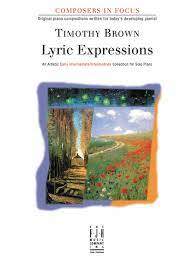 |
|
| Timothy Brown – Soliloquy |
 |
|
| Tina Arena – Burn | ||
| Tina Turner – I, Tina (Book) |
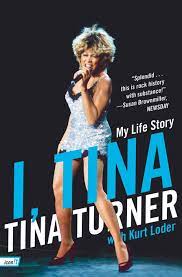 |
|
| Tina Turner – The Best Of Simply The Best Piano Vocal guitar Chords |
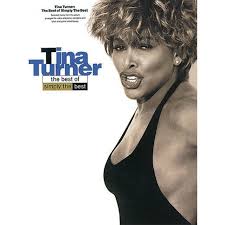 |
Tina Turner – The Best Of Simply The Best Piano Vocal guitar Chords – – 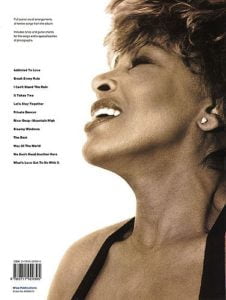 |
| Tina Turner – What’s Love Got To Do With It | Tina Turner – What’s Love Got To Do With It | |
| Tina Turner – What’s Love Got To Do With It.mscz | ||
| Tina Turner Goldeneye (James Bond frilm Theme) |
 |
|
| Titanic – My Heart Will Go On (James Horner) |
 |
|
| Titanic – James Horner Full songbook |
 |
Titanic – James Horner |
| Titanic Movie Theme – My Heart Will Go On – Piano Guitar Vocals | Titanic Movie Theme – My HeArt Will Go On – Piano Guitar Vocals | |
| To Be Pleasing You Jazz Piano Solo arr. sheet music |
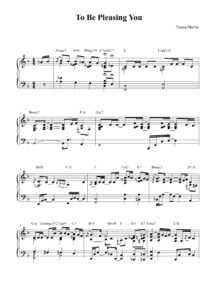 |
|
| To love you more (Celine Dion) | ||
| To Zanarkand Final Fantasy X |
 |
|
| To Zanarkand (Final Fantasy X) (Musescore File).mscz | ||
| TOCH, E. – La Melodía(Spanish) 1923 |
 |
|
| Tom Jobim Girl from Ipanema | Tom Jobim girl from ipanema | |
| Tom Jobim Agua de Beber | Tom Jobim Sheet Music – Agua de Beber | |
| Tom Jobim Desafinado | ||
| Tom Jobim Ligia | ||
| Tom Jobim Samba Verao | ||
| Tom Jobim songbook 1 Guitar (by Almir Chediak) |
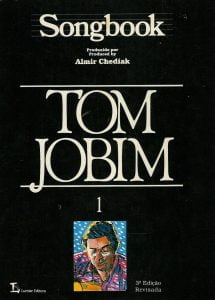 |
Tom Jobim songbook I (Guitar) |
| Tom Jobim songbook 2 Guitar (by Almir Chediak) |
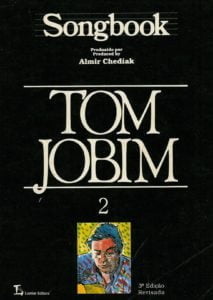 |
Tom Jobim songbook I (Guitar) |
| Tom Jobim songbook 3 Guitar (by Almir Chediak) |
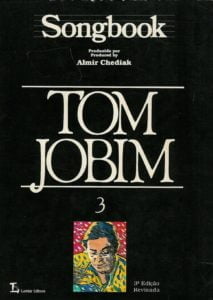 |
Tom Jobim songbook I (Guitar) |
| Tom Jobim Triste | ||
| Tom Jobim Vivo Sonhando | ||
| Tom Jones Greatest Hits |
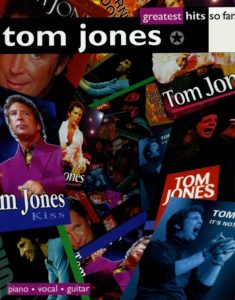 |
Tom Jones Greatest Hits |
| Tom Kolb – Chord Progressions for Guitar (with audio MP3) |
 |
Tom Kolb – Chord Progressions for Guitar (with audio MP3) |
| Tom Odell Another Love |
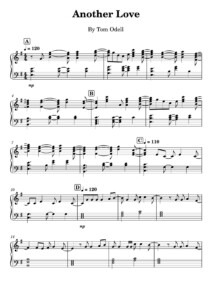 |
|
| Tom Petty Anthology Guitar Anthology Series with TABs |
 |
Anthology Tom Petty Guitar |
| Tom Petty Sheet Music Anthology – Tom Petty |
 |
Tom Petty Sheet Music Anthology – Tom Petty |
| Tom Petty, Best of (Songbook), The – Tom Petty sheet music |
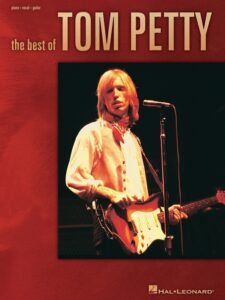 |
Tom Petty, Best of (Songbook), The – Tom Petty sheet music |
| Tom Turpin The Harlem Rag | Tom Turpin Harlem-Rag | |
| Tom Waits -Alice (entire album songbook) Piano-vocal-guitar |
 |
Tom Waits -Alice (entire album songbook) Piano-vocal-guitar |
| Tom Waits Anthology 29 Titres |
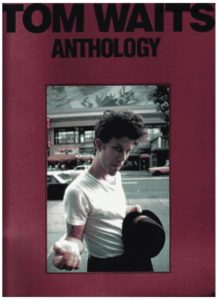 |
Tom Waits Anthology |
| Tom Waits Beautiful Maladies |
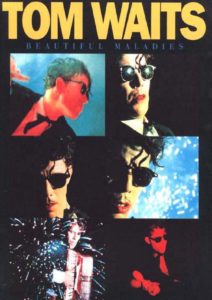 |
Tom Waits Beautiful Maladies |
| Tom Waits Blood Money |
 |
Tom Waits Blood Money |
| Tommy Emmanuel The Mystery Transcriptions Mel Bay Presents Guitar TAB |
 |
Tommy Emmanuel The Mystery Transcriptions Mel Bay Presents Guitar TAB |
| Tommy Flanagan – Moritat Mack The Knife Solo transcription | Tommy Flanagan – Moritat Mack The Knife Solo transcription | |
| Tommy Flanagan Wee Dot sheet music transcription |
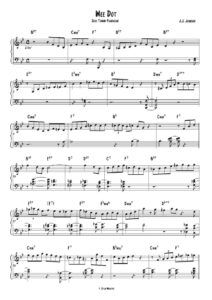 |
|
| Tommy Flint – Best Of Country Guitar Solos with audio MP3 with TABs |
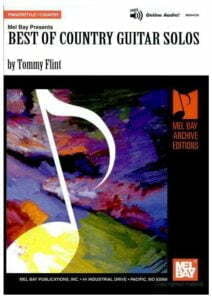 |
Tommy Flint – Best Of Country Guitar Solos with audo content |
| Tommy Shaw – Boat On The River from Styx |
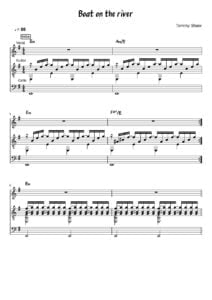 |
|
| Tomorrow (Europe) | ||
| Tomorrow (From Annie) Sheet Music – Charles Strouse |
 |
|
| Tomorrowland Music From The Motion Picture Soundtrack Piano Solo by Michael Giacchini |
 |
Tomorrowland Music From The Motion Picture Soundtrack Piano Solo by Michael Giacchini |
| Tomoya Naka Rainy Song | Tomoya | |
| Tonari no Totoro – My Neighbor Totoro (Joe Hisaishi) |
 |
|
| Toni Braxton – Unbreak My Heart | ||
| Tonight from West Side Story (Leonard Bernstein) Easy Piano Solo arr. sheet music | Tonight from West Side Story (Leonard Bernstein) Easy Piano Solo arr. sheet music | |
| Tonight From West Side Story (Leonard Bernstein) Easy Piano Solo Arr. Sheet Music (Musescore File).mscz | ||
| Tony Alonso Mass Of Joy And Peace For Sab Voices And Accompaniement |
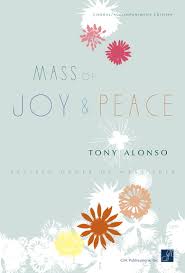 |
|
| Tony Bennett Life Is a Gift The Zen of Tony Bennett (Book) |
 |
|
| Top 10 22 Pop Hits Piano Vocal Guitar Chords |
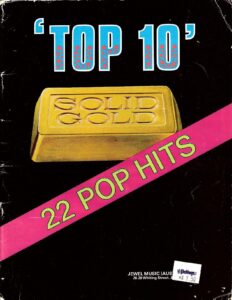 |
Top 10 22 Pop Hits Piano Vocal Guitar Chords |
| Top 10 Classical Favorites |
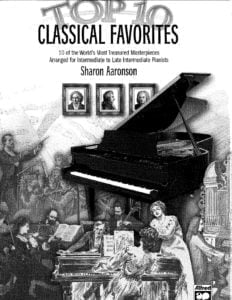 |
Top 10 Classical Favorites |
| Top Christian Hits Of 2019 2020 Piano Vocal Guitar 20 Powerful Songs |
 |
Top Christian Hits Of 2019 2020 Piano Vocal Guitar 20 Powerful Songs |
| Top Hits For Piano Solo 20 Great Songs |
 |
Top Hits For Piano Solo 20 Great Songs |
| Top Hits Of 2011 |
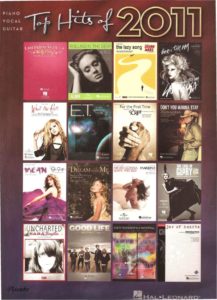 |
TOP HITS 2011 |
| Top Hits Of 2013 |
 |
Top Hits Of 2013 |
| Top Hits Of 2017 Sheet Music 18 great songs Piano Vocal Guitar |
 |
Top Hits Of 2017 Sheet Music 18 great songs Piano Vocal Guitar |
| Top Hits of 2018 Songbook – sheet music |
 |
Top Hits of 2018 Songbook – sheet music |
| Top Movie Hits SongBook |
 |
Top Movie Hits SongBook |
| Top Rock Volume 2 (Guitar) |
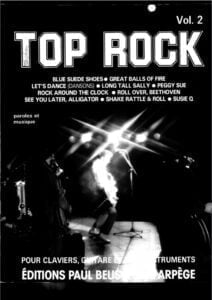 |
Top Rock songbook guitar |
| TOP TEN – N°1 |
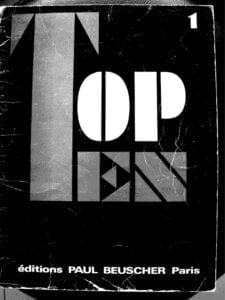 |
TOP TEN – N°1 |
| Top Ten – N°2 |
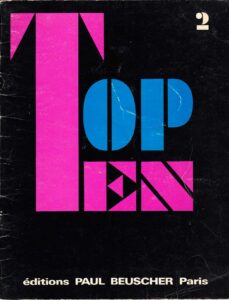 |
Top Ten – N°2 |
| Top Ten 40 (Guitar) |
 |
Top ten 40 guitar songbook |
| Top Ten 43 (Guitar) |
 |
Topp ten 43 guitar songbook |
| Top Ten Slow (Guitar) |
 |
Top Ten Slow (Guitar) |
| TOP TEN X3 (5) Guitar piano |
 |
TOP TEN X3 (5) Guitar piano |
| Toquinho – A Arte Brasilera de – sheet music songbook Guitar Tabs |
 |
Toquinho – A Arte Brasilera de – sheet music sogbook Guitar Tabs |
| Toquinho – Aquarela Guitar with TABs |
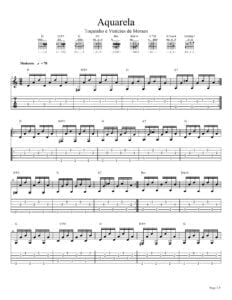 |
|
| Tori Amos – Silent All These Years | ||
| Tori Kelly Paper Hearts Piano |
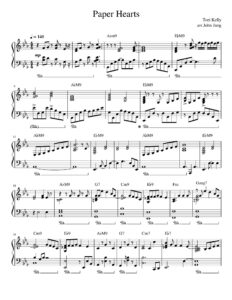 |
|
| Torna A Surriento Traditional Neapolitan Song By Ernesto De Curtis (Easy Piano Solo With Lyrics In English) |
 |
|
| Torna a Surriento.mscz | ||
| Toshifumi Hinata End Title (Tokyo Love Story) |
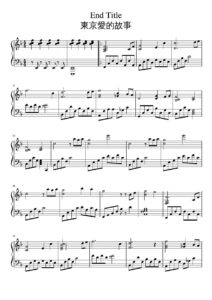 |
|
| Toshihiko Sahashi Fuuki Iinchou Hibari Kyoya | Toshihiko Sahashi Fuuki Iinchou Hibari Kyoya | |
| Toshihiko Sahashi Katekyo Hitman Reborn Hibari Kyoyas Theme | Toshihiko Sahashi Katekyo Hitman Reborn Hibari Kyoyas Theme | |
| Toshihiko Sahashi Tsuna Awakens Ost Katekyo Hitman Reborn |
 Toshihiko Sahashi Tsuna Awakens Ost Katekyo Hitman Reborn
Toshihiko Sahashi Tsuna Awakens Ost Katekyo Hitman Reborn |
|
| Total Guitar – The ultimate scale book |
 |
|
| Toto Guitar Anthology Authentic Guitar Tab |
 |
Toto Guitar Anthology Authentic |
| Toto – Africa (Easy Piano Solo Arr. Sheet Music) | Toto – Africa (Easy Piano Solo Arr. Sheet Music) | |
| Toto – Africa (Intermediate Piano Solo arr.) | Toto – Africa | |
| Toto – Childs Anthem (Intermediare Piano Solo arr.) | Toto – Childs Anthem (Intermediate Piano Solo arr) | |
| Toto – The Best Of Toto (Guitar, Kbds, Bass, Drum, Vocal) | Toto – The Best Of Toto (Guitar, Kbds, Bass, Drum, Vocal) | |
| Tournemire op. 33 Po me Mystique | ||
| TOY STORY – Randy Newman – You’ve Got A Friend In Me |
 |
|
| Toy Story – When She Loved Me – Sarah Mclachlan | ||
| Toy Story Easy Piano Collection (Songbook) 8 Songs From The Popular Movies |
 |
Toy Story Easy Piano Collection (Songbook) 8 Songs From The Popular Movies |
| Tracy Chapman – Complete Songbook |
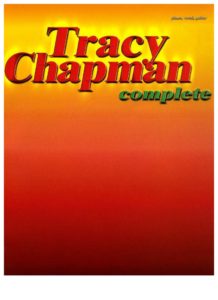 |
Tracy Chapman – Complete Songbook |
| Tracy Chapman – Tracy Chapman music songbook |
 |
Tracy Chapman – Tracy Chapman music songbook |
| Tracy Chapman Fast Car Sheet Music |
 |
|
| Traditional – Swing Low Sweet Charriot | Traditional – Swing Low Sweet Charriot | |
| Traditional Dona Nobis Pacem (Piano Solo Arr.) Give Us Peace Musescore File.mscz | ||
| Traditional English Carol – The First Noel | Traditional English Carol – The First Noel | |
| Traditional English Carol The First Noël (Piano Solo).mscz | ||
| Trailer Park The Musical Piano Vocal Score by David Nehls and Betsy Kelso |
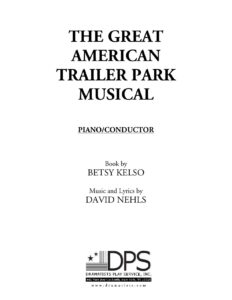 |
|
| Train – Drops Of Jupiter | ||
| Transparent Theme (Solo Piano) (Musescore File).mscz | ||
| Tratado de Armonia – Arnold Schoenberg (Spanish-Español) | Book Theory | |
| Travelin Soldier – Dixie Chicks | ||
| Trepat , Carles – Homenaje A Baden Powel |
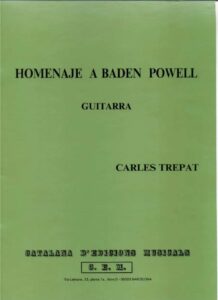 |
|
| Trepat, Carles Nana De Sevilla Partitura (Guitar, Guitarra) |
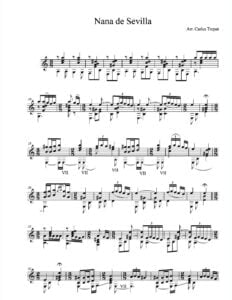 |
|
| Trinity – Pop and Rock Guitar Grade 1 Contemporary & Classic songs with TABs |
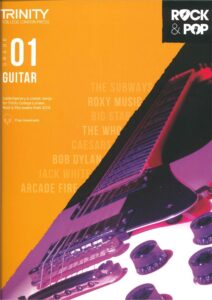 |
Trinity – Pop and Rock Guitar Grade 1 Contemporary & Classic songs |
| Trinity – Pop and Rock Guitar Grade 2 Contemporary & Classic songs with TABs |
 |
Trinity – Pop and Rock Guitar Grade 2 Contemporary & Classic songs |
| Trinity – Pop and Rock Guitar Grade 3 Contemporary & Classic songs with TABs |
 |
Trinity – Pop and Rock Guitar Grade 3 Contemporary & Classic songs |
| Trinity – Pop and Rock Guitar Grade 4 Contemporary & Classic songs with TABs |
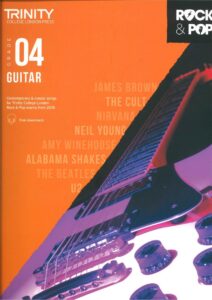 |
Trinity – Pop and Rock Guitar Grade 4 Contemporary & Classic songs |
| Trinity 2010-2015 Guitar Grade 3 Pieces & Exercises |
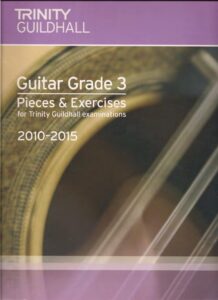 |
|
| Trinity Classical Guitar 2010-2015 Grade 07 |
 |
|
| Trinity Classical Guitar 2020-2023 Grade 01 |
 |
|
| Trinity Classical Guitar 2020-2023 Grade 02 |
 |
|
| Trinity Classical Guitar 2020-2023 Grade 03 |
 |
|
| Trinity Classical Guitar 2020-2023 Grade 04 |
 |
|
| Trinity Classical Guitar 2020-2023 Grade 05 |
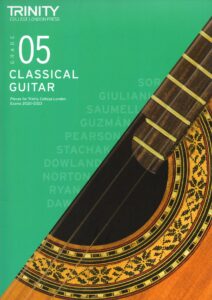 |
|
| Trinity Classical Guitar 2020-2023 Grade 06 |
 |
|
| Trinity Classical Guitar 2020-2023 Grade 08 |
 |
